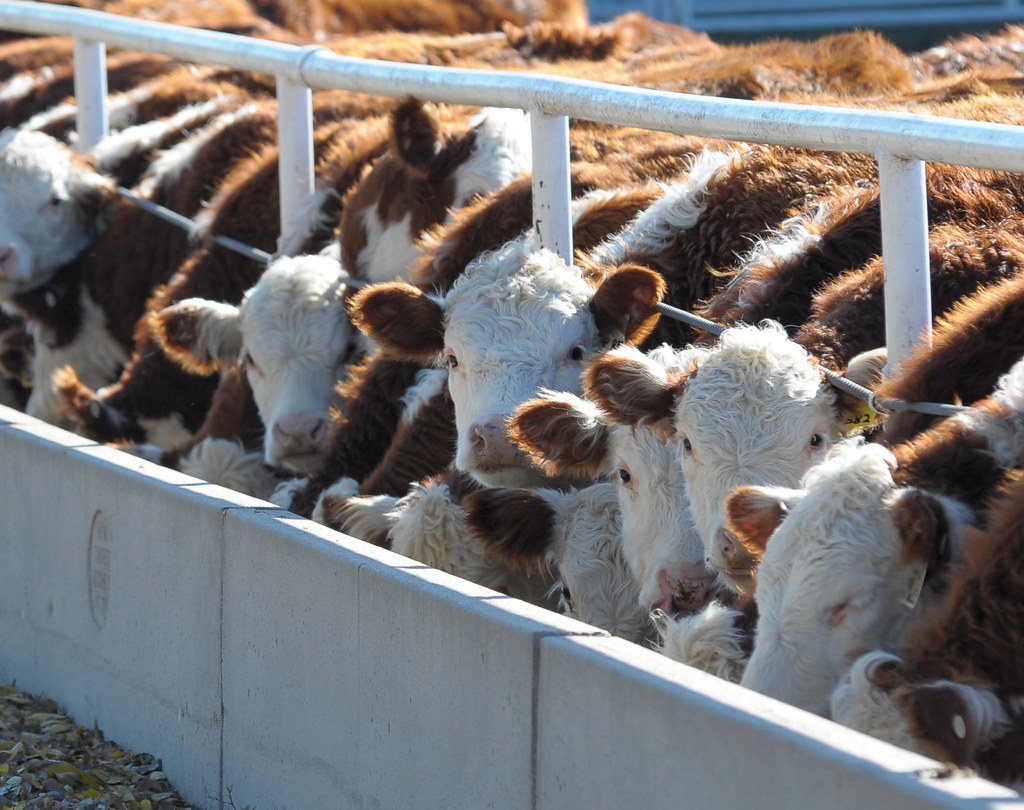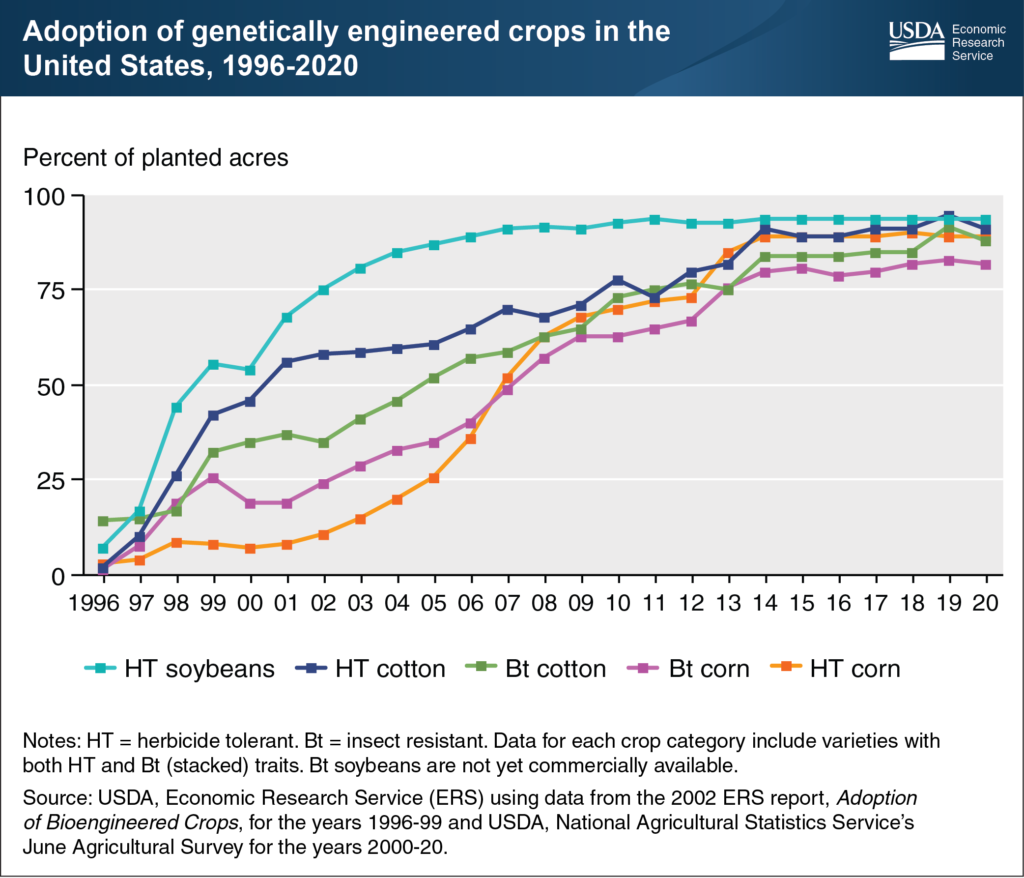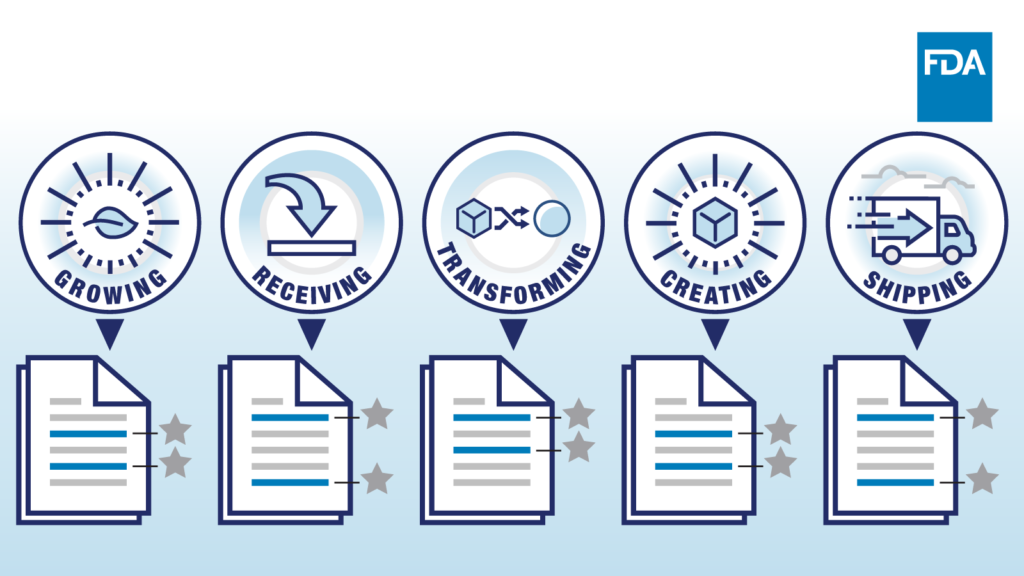This article is part of a series called Five Reasons Local Meat is Better. It describes Reason #4.
Locally produced meat provides greater value to consumers who are concerned about animal well-being, food traceability, and human health. Value is different than price and is about perception instead of what you pay. The value of a product is also about your personal values: the things you believe are important in life and the way you’d like the world to be today and in the future.
Let’s take a closer look.

Animal Well-Being
For consumers who are concerned about how animals are raised, previous articles in this series describe some important differences between large feedlots and local meat producers. For example, as Healthier, Well-Cared for Animals explains, the cows at large feedlots don’t have much room to move and are fed a diet that can disturb their digestion and affect their health.
By comparison, cows raised by local meat producers typically have more room to move, mainly eat grass, and generally require fewer antibiotics since they are kept in smaller herds where there is reduced risk of communicable diseases. At farms that practice rotational grazing, the grass that cows consume has even greater nutritional value.
Food Traceability
“Food traceability,” the FDA explains, “is the ability to follow the movement of a food product and its ingredients through all steps in the supply chain.” Japanese consumers can trace any piece of beef back to the producer and the individual animal, but consumers in other parts of the world don’t enjoy anything near 100% traceability – at least if they buy meat that’s been packaged by large processors.
In the United States, for example, country of origin labeling (COOL) is a matter of dispute and meat that is labeled “Product of U.S.A.” may only have been repackaged in America. When U.S. consumers buy local meat, however, they know the farm it came from and, if they’ve purchased some or all of a cow, maybe even the individual animal.

Human Health
Local meat has better nutritional value and usually contains fewer antibiotics, the overuse of which is linked to drug-resistant bacteria. Yet, there’s another bacteria-related reason that local meat is better. In large feedlots, cows are fed a diet that consists mainly of corn, and much of the corn is treated with glyphosate, the weedkiller in Roundup®. Now, medical researchers are concerned that glyphosate may disrupt the human gut biome and cause fatty liver disease and the death of liver tissue.
Today, glyphosate is used widely around the world because most genetically modified crops have been engineered to use it. In the United States alone, approximately 90% of corn that’s grown is genetically engineered. People Protecting Food Safety, a Japanese film that recently made its U.S. premiere, describes how “US grain products have had not only devastating health effects on the people living in Japan but on America as well,” according to the organization Moms Across America.
You can watch the movie trailer on YouTube , or click below.
About This Series
This article is part of a series called Five Reasons Why Local Meat is Better. Here is the full list of articles.
- Better nutritional value
- Healthier, well-cared for animals
- Sounder agricultural practices
- Greater consumer value
- Lower costs
Thank you for reading them.
